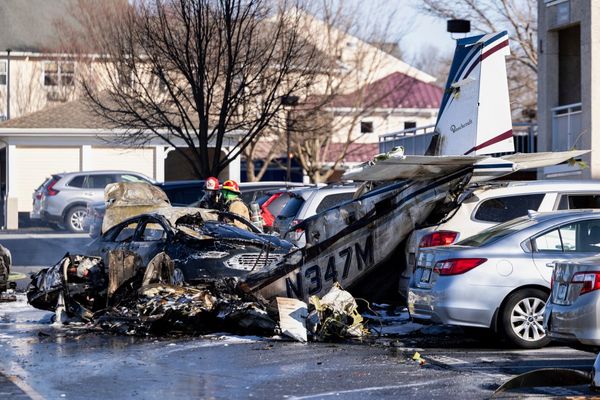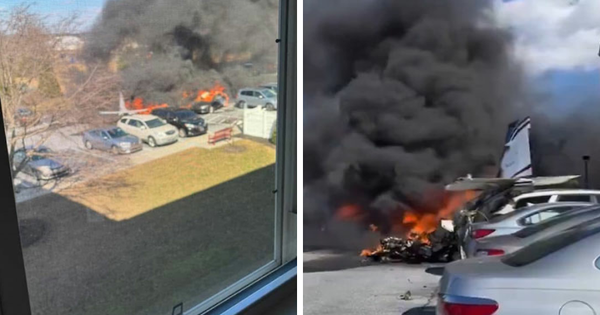The teaching fraternity and the student community fear the prospect of losing the ‘local quota’ in the educational institutions in the near future.
Their fear stems from the fact that the Andhra Pradesh Reorganisation Act, which had come into force in May 2014, is valid only for 10 years.
This means that the rules and regulations formulated prior to the bifurcation of Andhra Pradesh will not hold good after May 2024.
Article 371 D, which had been incorporated as the 32nd amendment to the Constitution in 1973, comes into picture here.
It was promulgated to safeguard the rights of local students in education and employment, especially in Andhra Pradesh, as both the Andhra and Telangana regions had witnessed a spate of agitations in the early 1970s.
“When combined Andhra Pradesh is no longer a reality, and which will officially become a thing of the past by May 2024, the fate of the students from the backwards regions such as Rayalaseema and North Andhra hangs in the balance,” observes M. Purushotham Reddy, convener of the Rayalaseema Intellectual Forum.
Earlier, the entire Telangana was known as Osmania University region, and the districts from Srikakulam to Prakasam as Andhra University region, while the Rayalaseema and Nellore districts were tagged under the Sri Venkateswara University region, with 85% of seats in the educational institutions reserved for the locals — all under the provisions of Article 371 D.
“With no such constitutional protective cover in the future, the local students of all the regions stand to lose,” Mr. Purushotham Reddy fears.
Earlier instance
There was a similar threat in 2015 when the then government had issued G.O. No.120 bracketing the 120 seats in the SVIMS-run Sri Padmavati Medical College for Women under the ‘open category’, which allowed the allocation of seats to the students across the State. This had made available less than 20 seats to the students of the Rayalaseema and Nellore districts as against the actual 102 (85%).
“The G.O. was revoked after knocking on the doors of the Supreme Court. We could win because of Article 371 D. In its absence in the future, who will come to the rescue of our students?” he wonders.
The government is expected to take legal help and protect the interests of the local students in the backward regions before May 2024, he opines.







